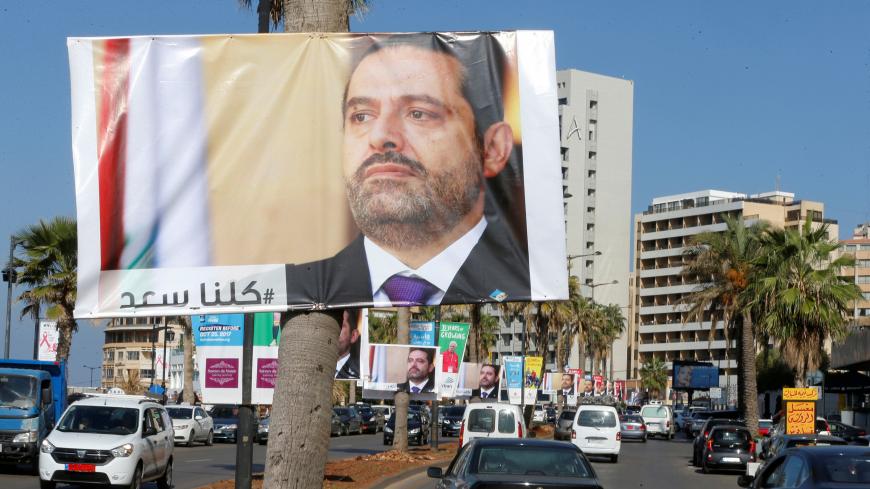TEHRAN, Iran — The unprecedented and curious resignation of Lebanese Prime Minister Saad Hariri while he was in the Saudi capital Riyadh has become the center of speculations regarding the possible impacts on the Iranian-Saudi struggle over influence in the region. It’s not a secret that the whole story is a piece of a bigger puzzle. Hariri, Saudi Arabia’s close Lebanese ally, headed a coalition government that has Hezbollah, Iran’s Lebanese partner, in it. This coalition came to life Dec. 18, 2016, and the process was seen then as an outcome to an unwritten agreement between the two main regional powers to keep Lebanon away from the region’s turmoil.
Iran and Saudi Arabia are fighting proxy political and military wars in several areas around the Middle East. In Yemen, Saudi Arabia has so far failed to defeat Iran’s allies, Ansar Allah, known also as the Houthis, despite 2½ years of daily bombing that has left thousands of people dead. Riyadh is backing President Abed Rabbo Mansour Hadi in his attempt to retake power, yet the main objectives of this effort were hurdled due to the differences among the coalition because of the fierce resistance Tehran’s allies are showing. On Nov. 4, the Houthis targeted an airport in Saudi Arabia’s capital with a ballistic missile. According to Saudi Ministry of Defense, the missile was intercepted.



